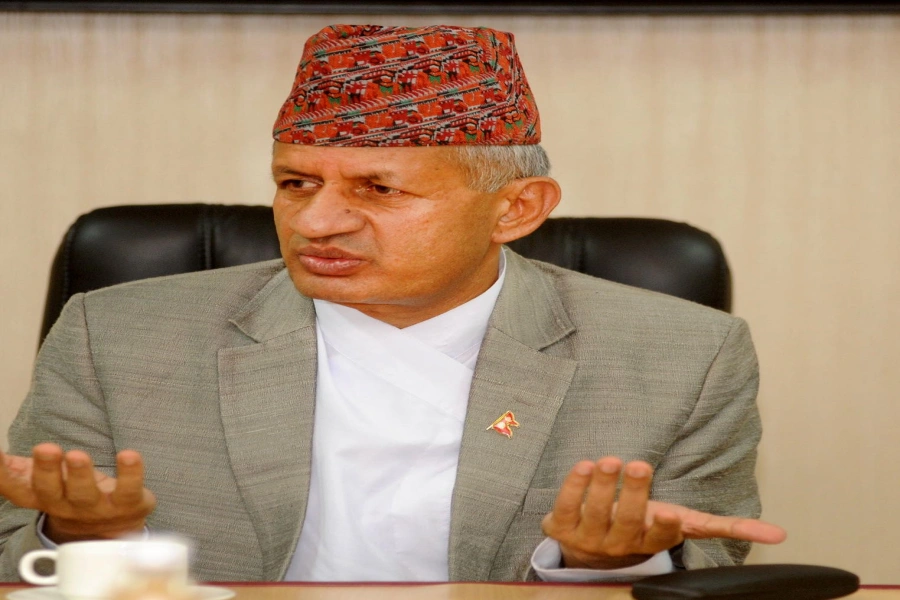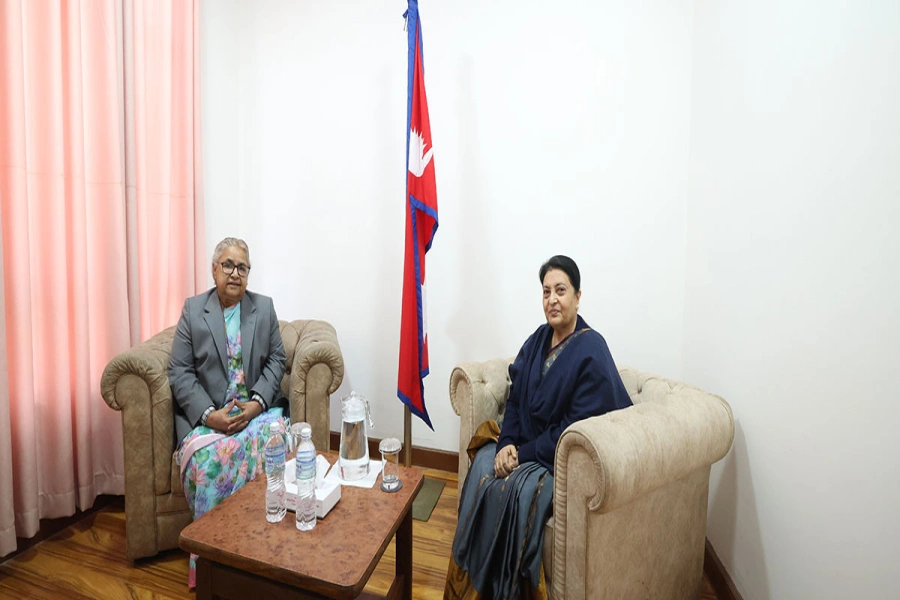KATHMANDU, April 12: Most of the commercial banks have reduced the deposit interest rates for the month of Baisakh (mid-April to mid-May) as well. According to the new interest rate table published by the banks on Friday, the maximum average interest rate for personal term has decreased by 0.19 percentage points compared to Chaitra (mid-March to mid-April).
In Chaitra, the maximum average interest rate across 20 commercial banks was 7.25 percent, which has now reduced to 7.06 percent for Baisakh.
Compared to Chaitra, 13 banks have reduced interest rates for Baisakh while 5 banks have kept them constant. Two banks have increased interest rates. Agricultural Development Bank, Standard Chartered Bank, Nabil Bank, Himalayan Bank and Nepal Investment Mega Bank have kept the maximum interest rate of personal term deposits unchanged for Baisakh.
Revised interest rate corridor system introduced

In contrast, Everest and NMB have increased the interest rate in Baisakh compared to Chaitra. The remaining 13 banks - Nepal Bank, Laxmi Sunrise Bank, Machhapuchhre Bank, Prabhu Bank, Rastriya Banijya Bank, Global IME Bank, Siddhartha Bank, Prime Commercial Bank, Kumari Bank, Sanima Bank, SBI Bank, Citizens Bank and NIC Asia Bank - have reduced their interest rates.
In the month of Chaitra, NIC Asia offered the highest 8.54 percent interest on personal term deposits, while NMB offered the highest 7.97 percent for the month of Baisakh. Currently, no bank offers an interest rate on personal term deposits exceeding 8 percent.
In spite of excess liquidity in the banking system, the interest rate has been reduced as the credit flow is low. There is a provision that the institutional interest rate should be one percentage point less than the maximum interest rate offered on personal term deposits. According to this, the banks will now not offer more than 6.97 percent interest rate to institutional depositors.
Banks can reduce the interest rates on savings and call deposits only after reducing the maximum interest rate on personal term deposits. The Nepal Rastra Bank (NRB) mandates that the difference between the upper limit of personal term deposits and the minimum interest rate on savings should not exceed 5 percent, leading to a decrease in savings interest rates.
The NRB has instructed banks to minimize fluctuations in interest rates, allowing banks of the same category to adjust their interest rates by a maximum of only 10 percent above the average of the maximum interest rates from the previous month. Banks have been authorized to publish interest rates based on their strategies, canceling the existing agreement from Shrawan (mid-July to mid-August).





































